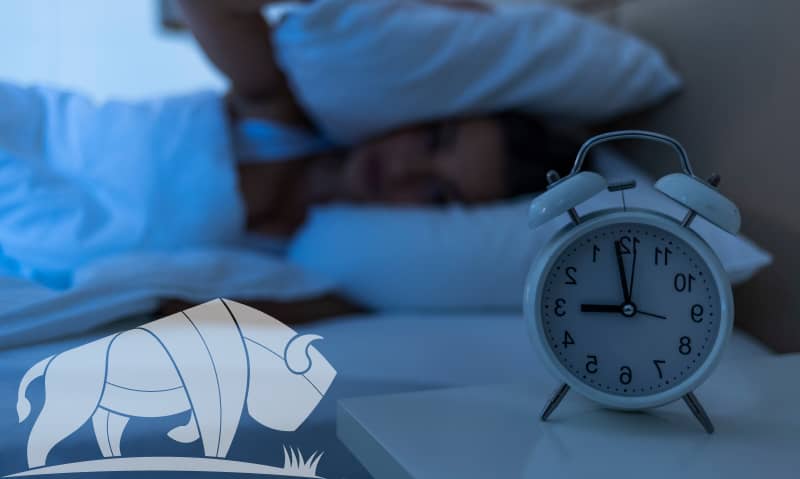Millions of Adults Have Sleep Apnea. Do You?

How common is sleep apnea?
Sleep apnea is a serious condition affecting millions of people’s health and quality of life. According to the American Medical Association, around 30 million people in the U.S. currently suffer from sleep apnea. However, only 6 million people are diagnosed, leaving 24 million without any clear idea of what’s causing their symptoms.
Could you be one of those 24 million? Determining whether you have sleep apnea can help you find an effective treatment plan to relieve your symptoms and help you live your life to the fullest.
Types of Sleep Apnea
What is sleep apnea? It is a condition that occurs when an individual’s breathing is interrupted while they sleep — the consequences of which range from mild to severe.
There are two types of sleep apnea. Obstructive sleep apnea is more common and is caused by muscles in the throat relaxing and allowing the upper airway to become blocked. Central sleep apnea is less common and is due to problems with the brain signals that control breathing.
Signs and Symptoms of Sleep Apnea
You are probably familiar with one of the most common symptoms associated with sleep apnea: snoring. Why do people snore? When your airway is partially blocked, the tissue in your throat will vibrate, creating the sound of snoring.
Snoring can be the result of sleep apnea — but it can also be caused by nasal congestion, certain sleeping positions, or simply the specific shape of someone’s mouth. Many patients with sleep apnea don’t snore, so it’s not the only symptom to pay attention to when you’re considering whether you might have the condition.
One of the most noticeable and significant sleep apnea symptoms is the fatigue and sleepiness that individuals experience throughout the day. Sleep apnea is incredibly disruptive to healthy sleep, even if you don’t remember waking up through the night. Many people with the condition will feel tired throughout the entire day.
Other symptoms include headaches and waking up with a dry mouth or sore throat. Waking throughout the night is a major indicator of sleep apnea, although many people fall asleep immediately after waking and don’t recall the incidents.
The Potential Danger of Untreated Sleep Apnea
Many people don’t realize just how dangerous sleep apnea can be. It can have a considerable impact on your health and your quality of life if it remains untreated. Being fatigued throughout the day can affect multiple areas of your life in profound ways – including interfering with your work and home life. Sleep apnea can also increase the risk of a variety of serious conditions. It is associated with the development of type 2 diabetes, and it has also been linked to strokes and heart attacks. Some people with sleep apnea develop high blood pressure in response to the sudden drop in oxygen due to stopped breathing.
Personal relationships can also suffer for those who have the condition. Snoring and jolting awake can disrupt a partner’s sleep, negatively affecting the relationship. Not seeking treatment can allow for a range of health and quality-of-life issues to arise.
What to Do If You Suspect Sleep Apnea
If you have noticed some of the symptoms of sleep apnea, then it’s in your best interests to determine whether you have it. You can take a look at this self-assessment form to evaluate your symptoms. However, the only way to officially diagnose the condition is to visit a sleep physician.
The sleep physician might provide you with a home sleep test that measures certain parameters as you sleep, or you might have to stay overnight for monitoring at a sleep center. If you are diagnosed with sleep apnea, the physician will provide you with information about its severity so you can find an effective treatment plan.
In severe cases, the most common treatment is a continuous positive airway pressure (CPAP) machine. This involves wearing a mask over your nose as you sleep. The mask is attached to a machine that provides constant air pressure, which prevents the airway from closing.
More moderate cases can make use of other treatment options. An oral appliance from your family dentist may be enough to treat your sleep apnea. The device holds your jaw in a specific position to prevent the muscles from relaxing and closing the airway.
Get the sleep apnea treatment you need.
If you’re suffering from sleep apnea, you can come in for a free consultation with Dr. Spier at Dental Care Associates of Buffalo. Our Buffalo dental clinic can help determine the best course forward and provide you with custom-fitted oral appliances. Contact us today to schedule your appointment.
